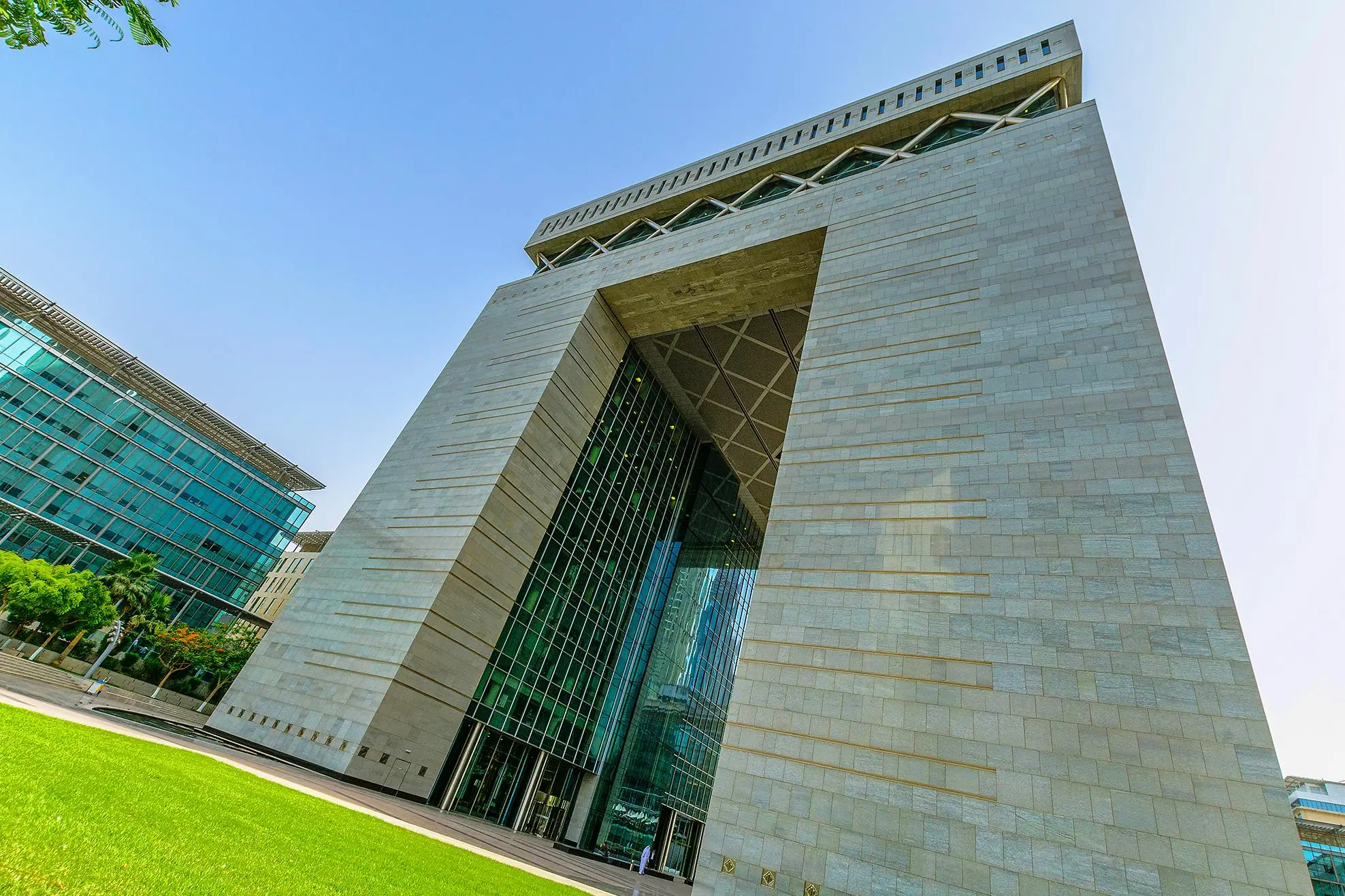PHOTO
A remarkable 21.5 per cent jump in Dubai's corporate earnings year-to-date has propelled the GCC aggregate corporate earnings growth to 12.1 per cent, data released by a leading global financial group revealed on Monday.
Dubai's corporates recorded the highest rate of growth in the GCC. Compared to the growth rate of 6.5 per cent in 2017, corporate earnings in Dubai recorded an exceptional surge to account for 8.5 per cent of the emirate's gross domestic product, according to data provided by MUFG Bank.
While the UAE as a whole recorded 13.6 per cent growth in corporate earnings compared to 9.8 per cent in 2017, Saudi Arabia saw the second highest growth rate with 15.7 per cent increase, according to MUFG's Mena Economic Wrap.
"Corporate earnings growth data have been broadly rising, in line with our conviction that the GCC region is over the worst, with 2018 thus far offering some relief from the stresses and disappointments that have characterised these countries since 2014," said Ehsan Khoman, head of Mena Research and Strategy at MUFG.
GCC corporate earnings growth has averaged 12.1 per cent in 2018 against 7.1 per cent for 2017 as a whole. "With long lag times in the publication of official national income accounts, corporate earnings are a leading indicator of timely economic trends, particularly in the GCC region," said Khoman.
According to the bank, stronger GCC corporate earnings data are consistent with the cyclical upswing that most GCC countries are experiencing in terms of higher economic growth, higher government revenues and higher per capita incomes.
"Having said that, the GCC countries have not been fully immune from the contagion from Turkey and the broader EM volatility that has been ongoing since August. The MSCI GCC index is trading 5.4 per cent down compared with July, over investor concerns in relation to exposure of GCC banks to Turkey. Nevertheless, GCC sovereign yields have fared much better predominantly due to oil prices rising 8.8 per cent over the same period," said Khoman.
"While we are more comfortable with aspects of GCC countries' near-term outlook, the turnaround is far from complete with meaningful transformation still in the early stages - thus far the gain has been largely cyclical, reflecting less of an improvement in medium-term growth prospects than a modest pick-up from years of decline," said the report.
"Indeed, GCC authorities realise that this time is different - hydrocarbons are inherently volatile commodities, and cannot be the sole source of funding. The road ahead requires reform to build more sustainable economies that can more comfortably deal with the cyclical nature of commodities by being less dependent on them," the bank said.
Copyright © 2018 Khaleej Times. All Rights Reserved. Provided by SyndiGate Media Inc. (Syndigate.info).





















